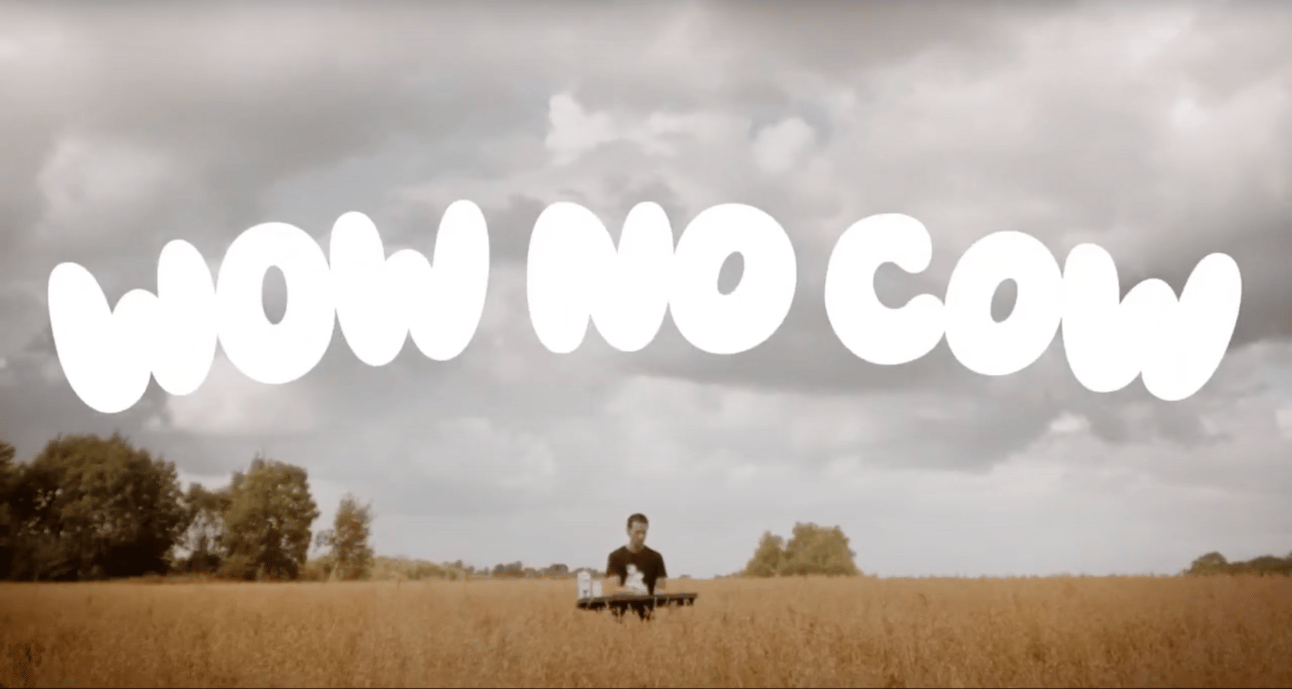- Growthnotes
- Posts
- Mission + Humor + Pugnacity = Oatly's Global Success 🌎
Mission + Humor + Pugnacity = Oatly's Global Success 🌎
Oatly tripled its revenues in just five years. How did it go from a niche scientific fix to a global lifestyle movement?
👋 Quick word
Welcome to Growthnotes, where we analyze some of the most successful high-growth brands and unveil the secrets behind their success.
Did you know:
📍Oatly's current design was called “the worst” in an internal meeting?
📍Creative Director John Schoolcraft was accused of "ruining the company” by Oatly employees?
Fast-forward to 2024, and Oatly has become the icon of milk alternatives, tripling its revenue over the past five years. How did Oatly transform from a "science-based” fix for the lactose-intolerant to a global symbol of mindful living? Let's take a dive.

💫 This week you’ll find
The bold strategies behind Oatly's transformational rebranding.
How the iconic beverage turns fights into opportunities to boost sales and customer loyalty.
The upsides and the risks of building a mission-driven brand.
🌾 Oatly's recipe for growth & brand loyalty.
Oatly's annual revenue has more than tripled over the past five years, and it's not slowing down. In Q2 2024, they recorded a solid 3.2% YOY revenue increase. But, frankly, Oatly's beginning was anything but cool.
Oatly's famous slogan is banned in multiple countries.
Initial brand limitation ❌
Oatly was founded in the early 90s by the Swedish food scientist Rickard Öste.
Initially targeted people with lactose intolerance and dairy allergies.
Oatly started to gain a solid following from those who were health-conscious and concerned about sustainability.

Oatly's logo and website in 2011 are bland
Oatly's brand message was very inward-looking. They believed the health niche would remain small, leading them to debate nuances like: "Should we focus on gut health benefits or heart health?”
What changed, then?
🎯 Rebrand with sharpened strategies
Before the rebranding in 2013, Oatly's messaging focused on three value propositions: "milk-free", "heart health", and “added vitamins and minerals". None of which felt very attractive. To shift to a global lifestyle brand, they decided to:
▸ Go beyond health benefits to differentiate themselves from other non-dairy alternatives.
▸ Create a bigger purpose to attract customers across markets.
Lucky for them, the plant-based/vegan movement was gaining momentum and Oatly seized the opportunity.

Remember their polarizing Superbowl "Wow, No Cow” ad?
📣 Bolder messages
With the rebranding, Oatly has made their new messages loud and clear:
No cows, no animal cruelty.
Oats are better than other plants in nutritional value and sustainability.
New packaging design
This mission-driven approach tugged at the heartstrings of their existing audience and propelled them to a much broader customer base globally.
🚀 Upgrade designs
During the rebrand, Oatly's design went bold. Their new design looked unpolished and almost childlike, with quirky, text-filled cartons that piqued curiosity.
Oatly approached criticism openly and with humor
Though being called "the worst design” by an Oatly employee in an internal meeting, the redefined message and its unique, authentic and simply one-of-a-kind brand tone became iconic across marketing platforms. Gradually, Oatly has built a rebellious, humorous, and unique brand personality that even grabbed the attention of non-oat milk drinkers.
🥊 How Oatly turns fights into sales
Oatly's famous billboard ad
As Oatly's influence grew, so did their confidence and willingness to take bold stances. They started openly challenging Big Dairy with blunt messages.
🤼 “Us vs. Them”
Their iconic slogan—"It's like milk, but for humans"—blatantly targeted the dairy industry. As a result, the slogan is currently banned in Sweden and the UK, two of Oatly's biggest markets.
💡How did Oatly respond?
They embraced the role of the underdog: Oatly even ran ads after the lawsuit with slogans like "You can't say cow's milk isn't for humans".
"It was the best thing that could ever have happened to us. We got so much attention thanks to being sued."
According to Oatly's CEO, the lawsuits increased their European and Asian sales by 37%, and by 45% in Sweden.
💡 Takeaway
Controversies can fuel growth - embrace challenges and turn them into opportunities to boost brand awareness and loyalty.
Stay true to your mission and amplify — buyers are more loyal to beliefs than products.
Make fun of yourself - humor is magical.
